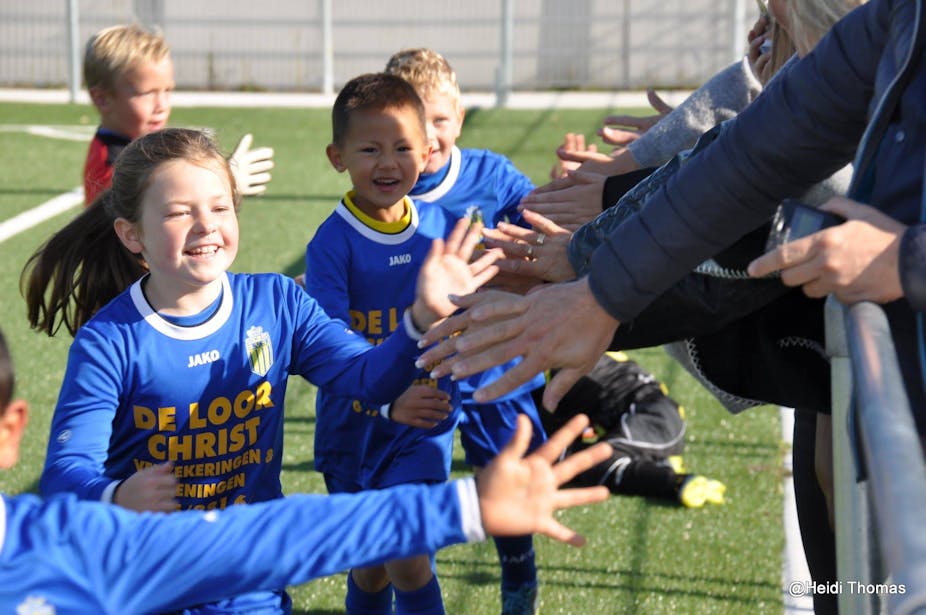Millions of men, women and children take part in sport and physical activity every day. And across Europe, around 9m sport coaches support them to fulfil their personal and collective goals. This compares to around 6m teachers.
It is estimated that around 80% of these coaches work with children. But research shows the majority of these coaches are not qualified, or hold very low level generic coaching qualifications. The research also shows that very few children’s coaches hold a qualification that specifically prepares them to coach this age group.
So while children’s sport coaches might be one of the biggest workforces in Europe, as a group, they are one of the least qualified, least recognised and least remunerated.
Part of the problem, is that children’s coaches are not as highly regarded or valued compared to those coaching high performance athletes. In part, this is due to the low social status and public value attributed to coaches who are not coaching at the higher, more visible, echelons of elite sport. There is also limited investment specifically aimed at children’s coaching. This is despite the fact that coaches play a crucial role in developing children as people, as well as athletes.
Underpaid and unappreciated
The good news is that things are starting to change. The development of a suitably educated coaching workforce and the need to review and develop the ways that sport coaches are trained has been recognised as a priority area at the highest levels of European policy.
But the bad news is that customised learning and development opportunities focused on children and youth sport for coaches are virtually nonexistent in the EU. Typically, children’s coaches tend to be beginners and are often inexperienced coaches.

So while in Hungary and Lithuania all coaches are required to have a state-recognised diploma or certificate or license to coach, typically, there are no enforced minimum employment requirements specific to children’s coaches across Europe.
Nor are there any specific qualifications or mandatory training needed to coach children at a national level. So while some governing bodies or federations have developed their own licensing and regulation systems, as yet, there are no mandatory national requirements for children’s coaches.
Coaches of the future
This is why we are developing iCoachKids, a project that supports the development of specialist children and youth coaches across the EU. The aim is to make sure all children have a positive experience led by suitably trained coaches – which helps to lead to lifelong participation, as well as increased performance.
As part of the project, iCoachKids has produced the European Coaching Children Curriculum to provide a reference point for all those involved in children’s coaches’ education and development. The project will also develop three online courses for coaches working with children anywhere in the world. This is at no cost to the coach, their clubs or national governing bodies. The first course will be available in the summer of 2018.
This is important because what is clear, is that the profile of children’s coaches must be raised. Coaches must be better supported, educated and developed. This is essential to maximise the potential of youth sport in society and guarantee positive sport experiences for children wherever they happen to live.

